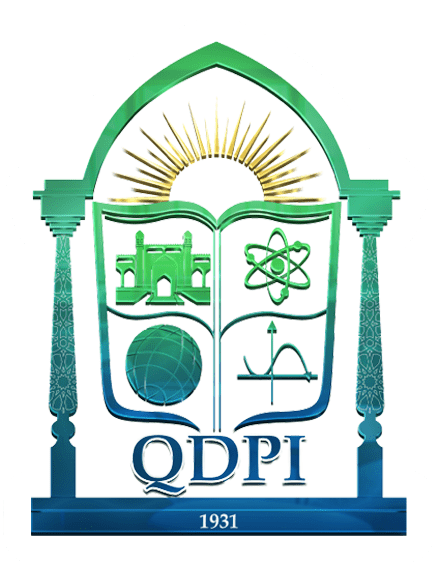SYNONYMIC RELATIONS WITHIN THE LEXICAL FIELD "FITNESS"
Abstract
This article examines the synonymy relations within the lexical field "Fitness." The study explores the historical and theoretical aspects of synonymy, highlighting various linguistic perspectives on synonym definitions. A comprehensive analysis is conducted based on fitness-related terminology, identifying synonymous series and dominant lexical units. The results indicate that most synonyms in the fitness domain are ideographic, with a minimal presence of absolute synonyms.
About the Authors
List of references
Akhmanova, O. (1966). Dictionary of Linguistic Terms.
Antrushina, G.B. (2004).Lexicology of the English Language.
Apresyan, Yu.D. (1997). Lexical Semantics and Theoretical Lexicography.
Arbekova, T.I. (1987). Russian Synonymy: Theory and Practice.
Averbukh, K.Ya. (2009). Variantology in Language Studies.
Budagov, R.A. (2002). The Theory of Synonymy in Modern Linguistics.
Danilenko, V.P. (1977). Semantic Structures and Synonymy.
Evgenyeva, A.P. (2011). Lexical Relations in Russian Language.
Grinev-Grinevich, S.V. (2008). Modern Linguistic Theories.
Kirillova, L.V. (2011). Types of Synonymy and Their Applications.
Nelyubin, L.L. (2003). Semantic Systems in Language.
Pustoshilo, E.S. (2011). The Structure of Synonymous Series.
Reformatsky, A.A. (2001). General Linguistics: Theory and Practice.
Rubleva, T.A. (2004). Lexical Synonymy in Russian.
Vasiliev, L.M. (1967). Denotative Meaning in Synonymy.
Vinokur, T.G. (1997). Encyclopedia of Russian Language.
How to Cite

This work is licensed under a Creative Commons Attribution-NonCommercial-NoDerivatives 4.0 International License.
